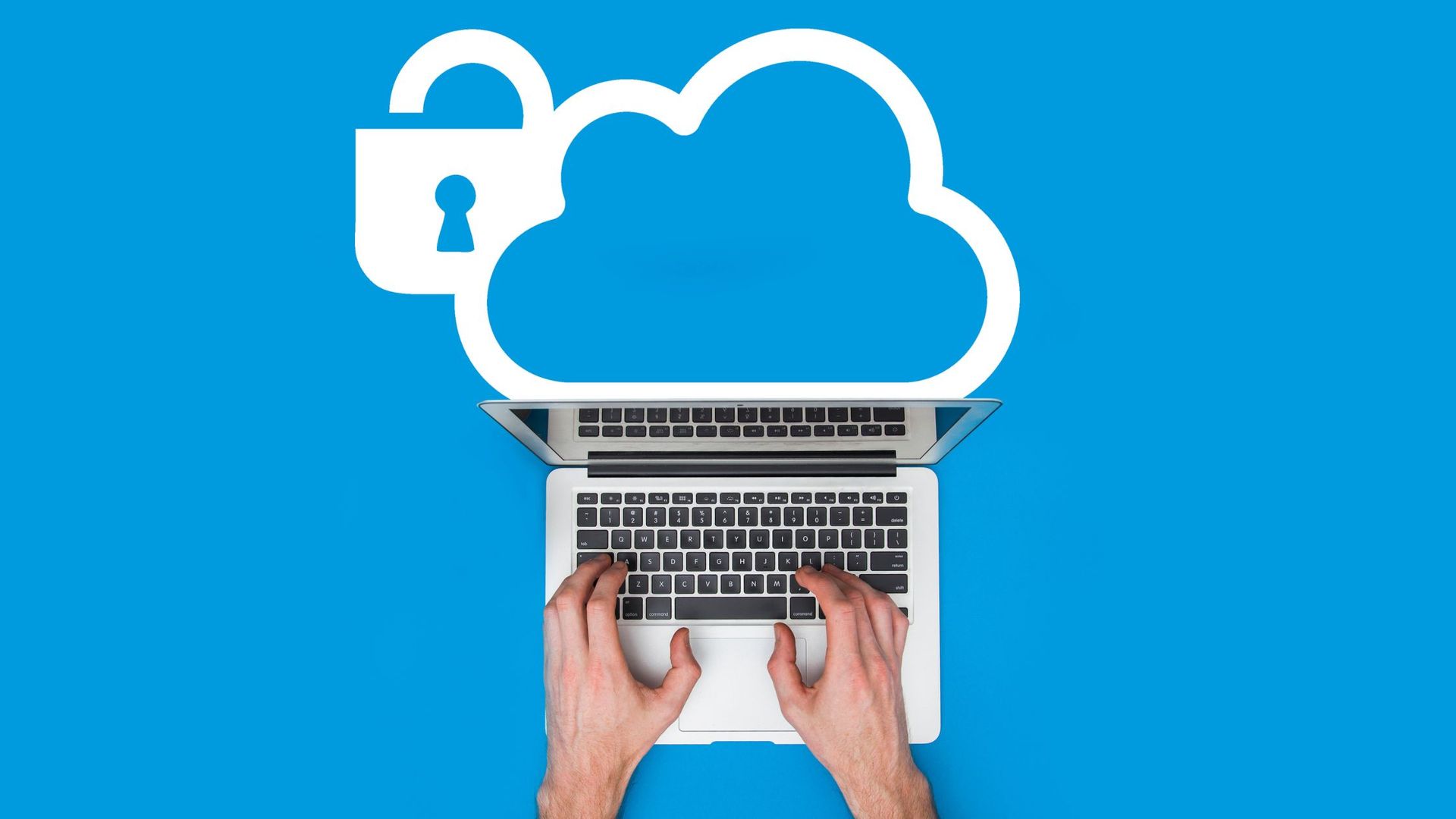Customer Company Messaging FAQ
Q:
What is company messaging?
A: Company Messaging is the ability to text (SMS) or picture (MMS) enable any of your main business phone numbers including auto attendants and hunt groups.
Company Messaging groups of one or more users can respond/send messages from that main business phone number through the Elevate desktop and mobile apps to customers.
Company Messaging allows any user of a group to instantly respond to customers’ texts, providing optimal customer service.
Q:
Why would a business need company messaging?
A:
Company Messaging helps engage customers with text and picture messaging right to a main company (SMS/MMS) toll-free phone number (SMS only) while seamlessly connecting them with Elevate subject matter experts. This helps:
- Drive customer engagement by enabling customers to communicate businesses the way they want to (90% of customers prefer a texting option.)
- Provide fast and customized responses
- Connect subject matter experts to customers easily through SMS and MMS via a main company number, or SMS via toll-free.
Q:
Is company messaging available on all Elevate licenses?
A:
Company Messaging is an account level add-on. Company Messaging group members/agents have to be on Elevate Pro, Enterprise or With Teams licenses.
Q:
What is the limit for messaging with company messaging?
A:
There is a limit of 200 messages per user, per day and a limit of 500 messages per account, per day.
Q:
Can a user (or agent) be a member of multiple groups?
A:
Yes, a user may be a member of multiple groups. An end user is also called an "agent" in Company Messaging.
Q:
Can several company messaging groups be created?
A:
Yes. Each group would need to have a unique business phone number (DID) assigned to it. Each phone number would be a new company messaging charge.
Q:
Will other agents in the group see new conversations initiated by an agent?
A:
Yes. The new conversation will be created in the Company Messaging tab, visible to all agents of the group.
Q:
How can an agent know if someone else is writing a reply to a customer message?
A: Agents can see the typing status of other agents. If multiple agents are writing a reply at the same time, they can connect using our Chat feature and coordinate the response to the customer. Agents can see replies sent by other agents in each conversation,
so it will be clear if another agent already replied.
Q:
Is there a messaging limit at the group level?
A:
There is a fair use policy of 1,000 outbound messages per number (equivalent to a group) per month.
Q:
Can an agent leave the conversation or mute notifications?
A:
It is not possible to leave a conversation, but any conversation can be muted. Agents can also configure pop-up or sound notification settings in the app settings.
Q:
What are the file size limitations when using company messaging?
A: Please be mindful of the following limitations:
- Supported file types: *.gif, *.png, *.bmp, *.jpg, *.jpeg, *.mov, *.pjpeg, *.jfif, *.opus, *.oga, *.ogg, *.ics, *.dib, *.pjp
- Maximum file size is 0.8 Mb – this is due to various mobile carrier limitations. Image files of larger size will be automatically compressed to fit the limit.
- MMS messaging is only supported on local numbers, not toll-free.
Q:
Can I use company messaging with a main toll-free number?
A:
Yes, Company Messaging can be enabled for main local phone numbers or toll-free numbers. There is an additional charge for toll-free numbers. Note that you cannot send MMS (pictures) via toll-free numbers. A Verified Sender Program form will need to be completed and signed which is located
here
Q:
Is Company Messaging international?
A:
Currently it is only applicable to send and receive SMS and MMS within US and Canada.
Q:
Is Company Messaging required to follow the SMS acceptable use policy?
A:
Yes, both user texting from the Elevate app as well as Company Messaging must adhere to the SMS Policy. Please check with your sales representative for this policy.
Q:
How is company messaging different from standard SMS (texting) within the Elevate application?
A:
Elevate is already set up to communicate via SMS (texting) and MMS (pictures) from within the Elevate application from a user’s personal business number. This is considered person-to-person texting. Company Messaging is SMS and MMS communication from a company’s main business number or toll-free number. This allows customers to receive immediate and informed responses from an individual or a group of individuals tied to that Company Messaging number. Both standard SMS and Company Messaging are bound to an SMS Acceptable Use Policy. Please check with your sales representative for more information on this policy.



